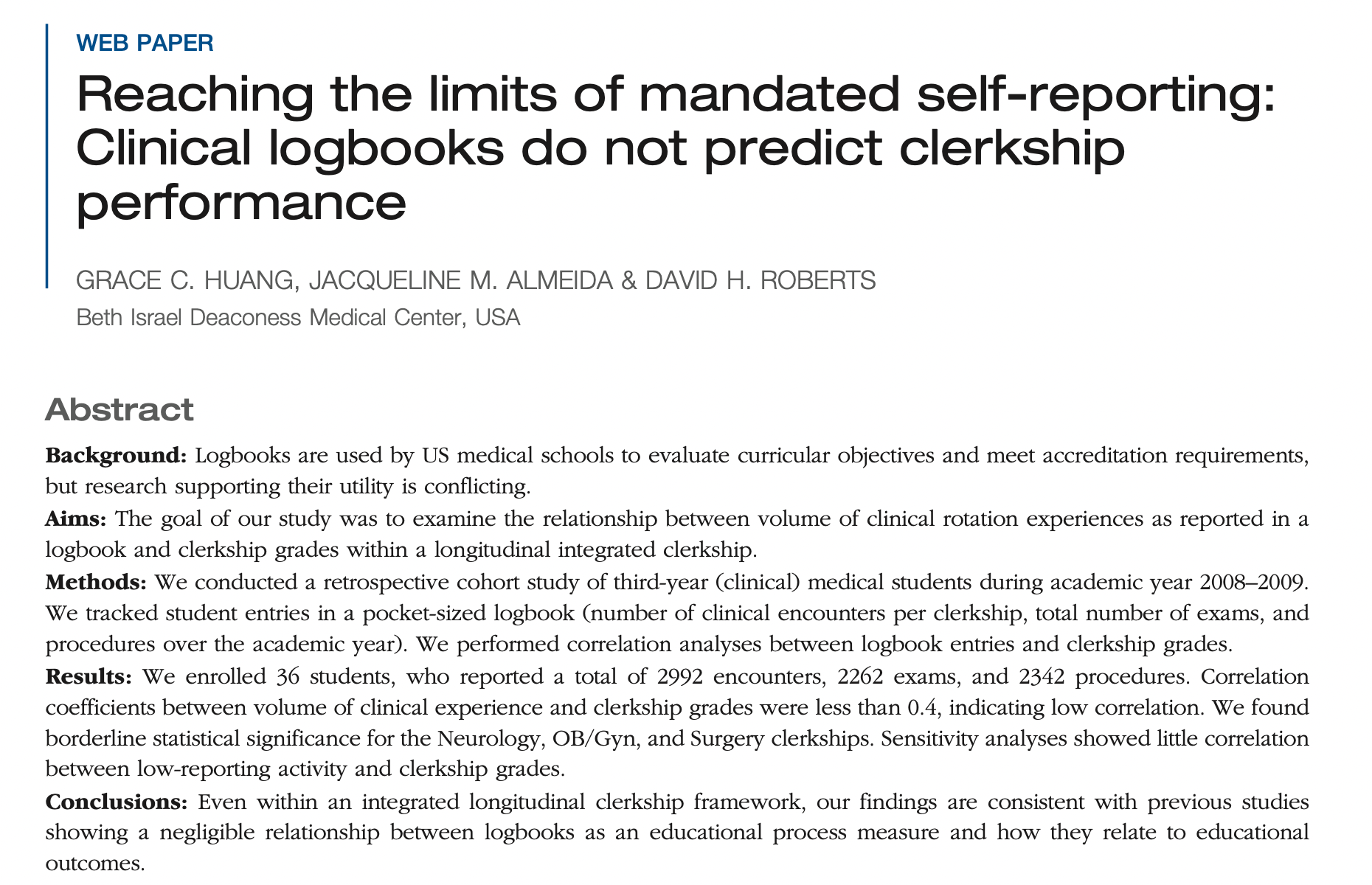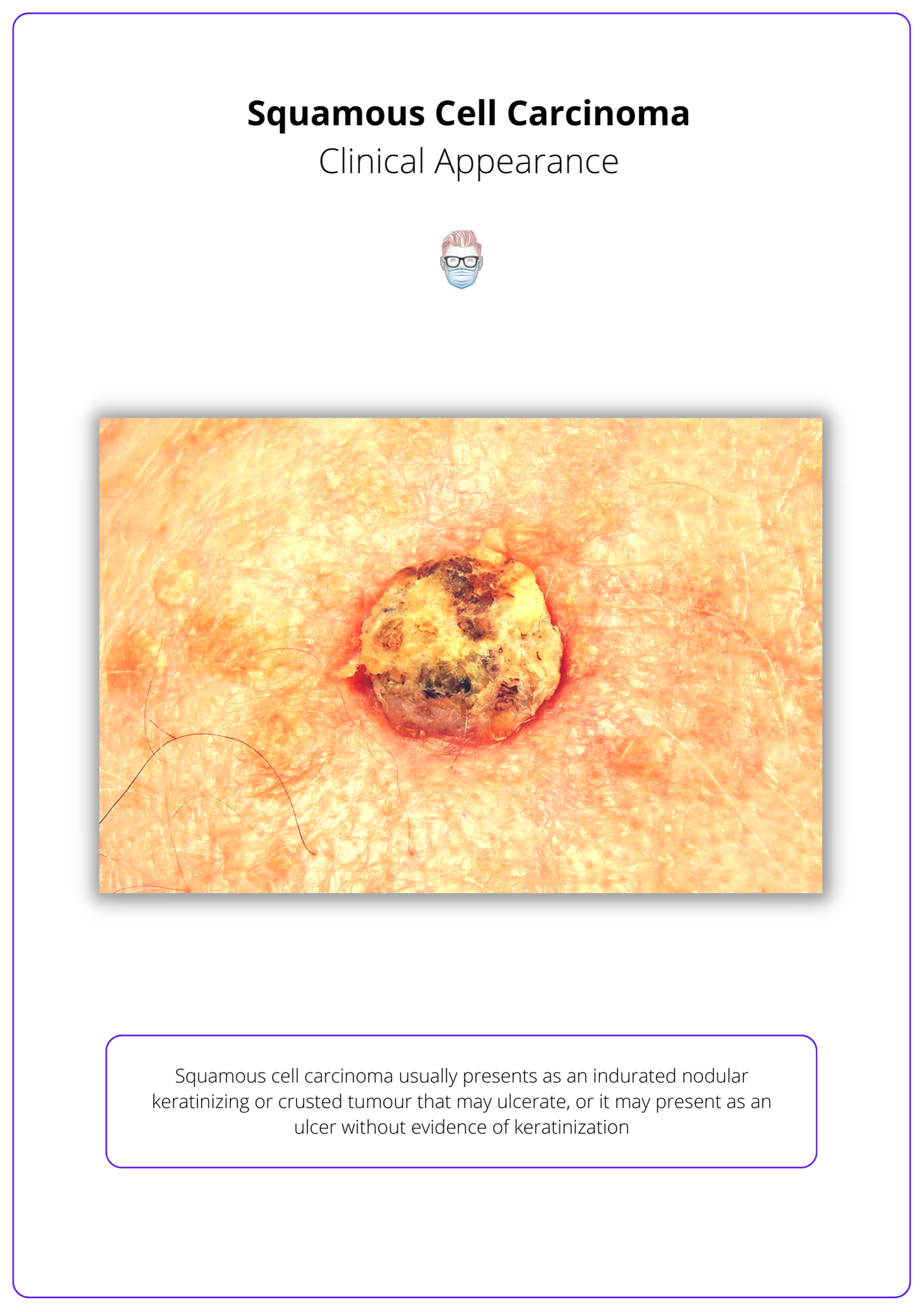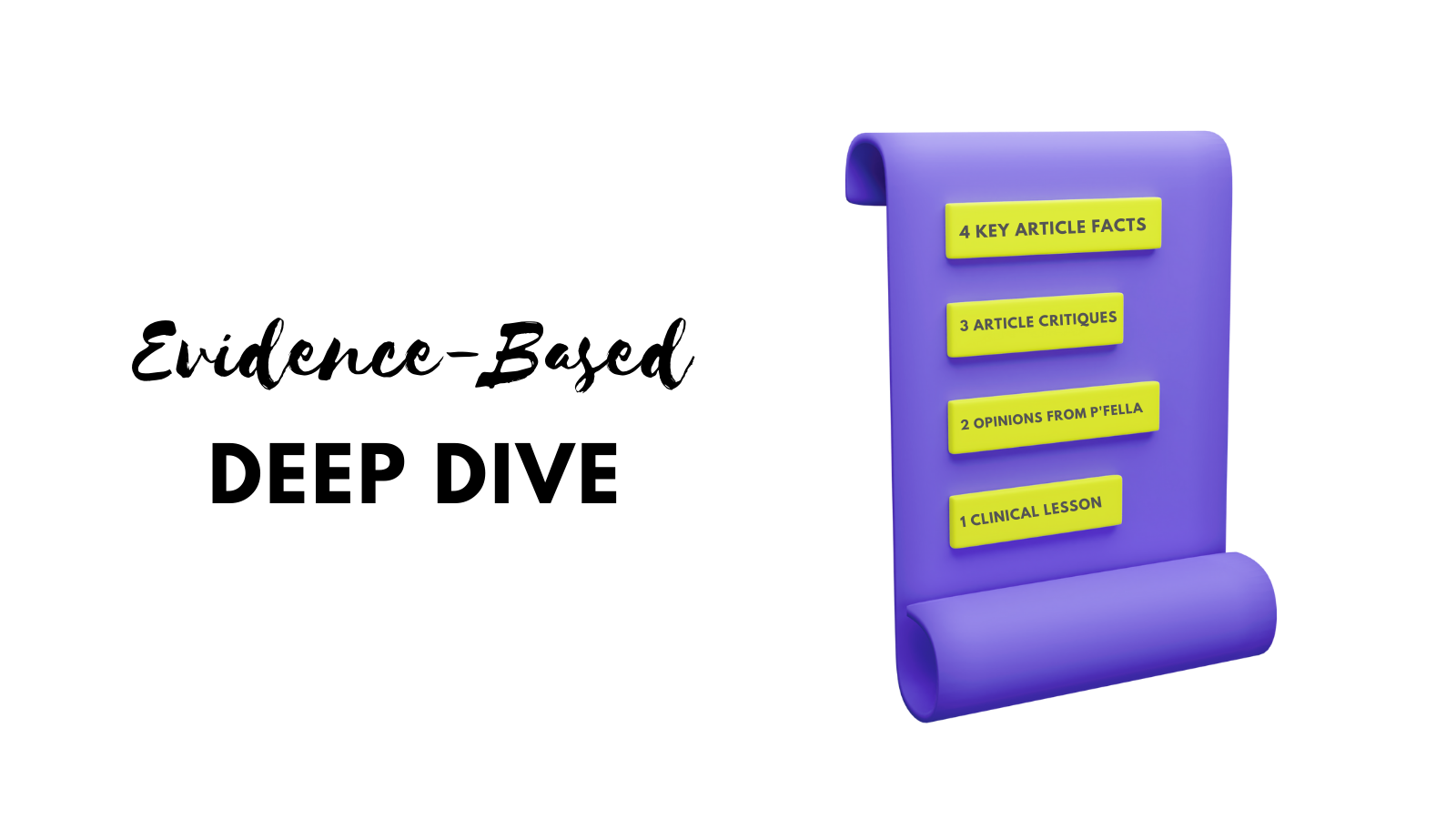In this week's edition
- ✍️ Letter from P'Fella
Your work-life balance doesn't exist. - 🤓 Study on Sunday + Quiz
Congenital Hand Deformities - 🎭 Upcoming Events
14 upcoming events for you. - 🐣 Tweets of the Week
Memes, virals & threads. - 🚀 New Features
A pretty big content drop! New and updated - 📝 Articles of the Week
3 must-reads, 1 deep-dive for thePlasticsPro
Fun Fact: thePlasticsFella gets 17,000 unique visitors/month.

In the last several years, there has been a pretty big cultural shift. Those days of "working all hours" have slowly dwindled. Now there is an increase in the "you should try and get out of here" vibe.
That's great, right? I guess it depends on what you do at home.
Your physical hours at work might be reducing, but your "work for home" hours are probably on the increase. This doesn't change your work-life balance, it only changes the location of your work. As was tweeted during the week, this is why working hours are going down, but burnout is rising.
This thought was tweeted the week. And yes, it is pretty true! Unfortunately.
The current status of surgical training is slowly shifting to a tick-box exercise. At first, it was research and publication, then it was feedback and mentorship, and now it has become the surgical logbook. As one Twitter user pointed out, this can be explained via the McNamara fallacy.
This viewpoint is supported in the peer-reviewed literature.

What's the better alternative to numbers and tickboxes? Is there a way to quantity surgical skills? These are difficult questions to answer but important ones.
One simple solution is better feedback. A more vested interest by seniors rather than the "do more" feedback. At the same time, the surgical resident or trainee must accept responsibility for their own training and have insight into the weaknesses. A surgical trainee should have the maturity to know when their logbook doesn't truly reflect their skillset.
Let P'Fella know your thoughts on this!


Squamous Cell Carcinoma
Primary cutaneous squamous cell carcinoma (SCC) is a malignant tumour that arises from the keratinocytes of the epidermis or its hair follicles. Aggressive histologic subtypes include adenoid (acantholytic), adenosquamous, desmoplastic or metaplastic.
Follow-up of patients with squamous cell carcinoma is based on the risk group and extent of the disease. 30%-50% of these patients will develop another SCC within 5 years and 70% of SCC recurrences occur within 2 years

- Long-term management of the military amputee, 16th August
- Diagnosing Infection in the Burn Patient, August 19th
- AO Hand Trauma Blended Course - September 26th
- ASSH Annual Meeting - Boston, September 2022.
- Head And Neck Siag Day - Hull, September 30th
- BAAPS Annual Conference 2022 - London, September.
- European Society of Craniofacial Surgery - September.
- BAPRAS Celtic Meeting - Dunblane, Scotland, September
- BAAPS 2022: London, Step 27th
- Skills For Junior Plastics - Alexandra Hospital, 8th Oct
- Plastic Surgery, The Meeting - Boston, October 2022.
- Aec 5.1 Limb Reconstruction - October 26th, 2022.
- AEC Limb Reconstruction - Virtual, October 2022
- BAPRAS 2022 Congress - November 2022.

Happy Friday! The fibula is named after the Latin term for buckle, clasp, or pin. A fibula is also an ancient type of brooch used for fastening (similar to a safety pin). There's definitely a resemblance! #CAT2022 #etymology pic.twitter.com/NNhmkkJmGl
— Clinical Anatomical Terminology (@AACAnatomy_CAT) August 12, 2022
Leather wrists support, carpel tunnel 1960s-80s @ManMedMuseum @LucyBurscough @McrMuseum pic.twitter.com/DHGq9kWdG7
— Stephanie (@StephSeville) August 11, 2022
An easy to follow MAP of every ARTERY in the HUMAN body. pic.twitter.com/bgmHdGIPZ7
— Oren Gottfried, MD (@OGdukeneurosurg) August 6, 2022

thePlasticsFella has been busy improving the user experience and updating the evidence-based articles on the platform. In the last few weeks, new articles have been released with accompanying flashcard decks.
Here are some new and updated articles you might have missed:
- Melanoma
- Congenital Melanocytic Naevus
- Lip Reconstruction
- Ectropion
- Maxillary Reconstruction
- Neck Dissection

3 Top Picks
- How to train residents in cosmetic surgery
Marks et al Preparing for a Crowded Cosmetic Market: A Resident Training Model for Minimally Invasive Cosmetic Treatments. Plastic and Reconstructive Surgery: August 2022 - A review of the plastic surgery interview
Phillips et al The Plastic Surgery Residency Interview Revisited: Virtual Interviews and Beyond. Plastic and Reconstructive Surgery: November 2020 - How to ACTUALLY use the p-value
Stunt et al. Statistics in publishing: the (mis)use of the p-value (Part 2). Journal of Hand Surgery (European Volume). August 2022.

Mustarde Technique for Otoplasty - Original Publication and Journal Club
This was a landmark paper in the management of prominent ears. The author changed surgical management by designing this new technique nearly 60 years ago!


